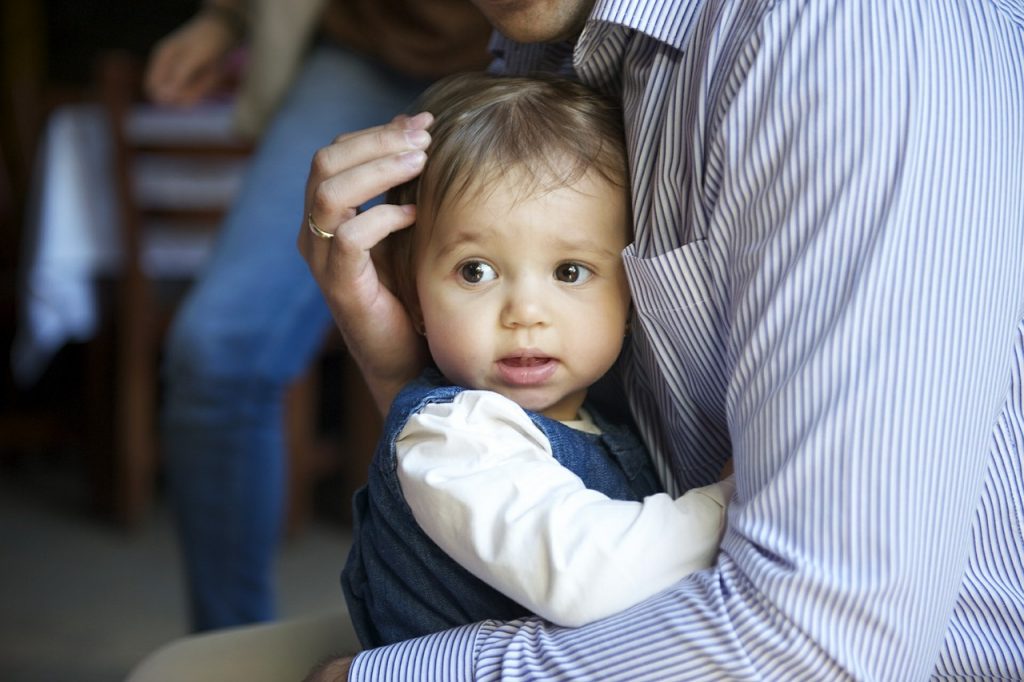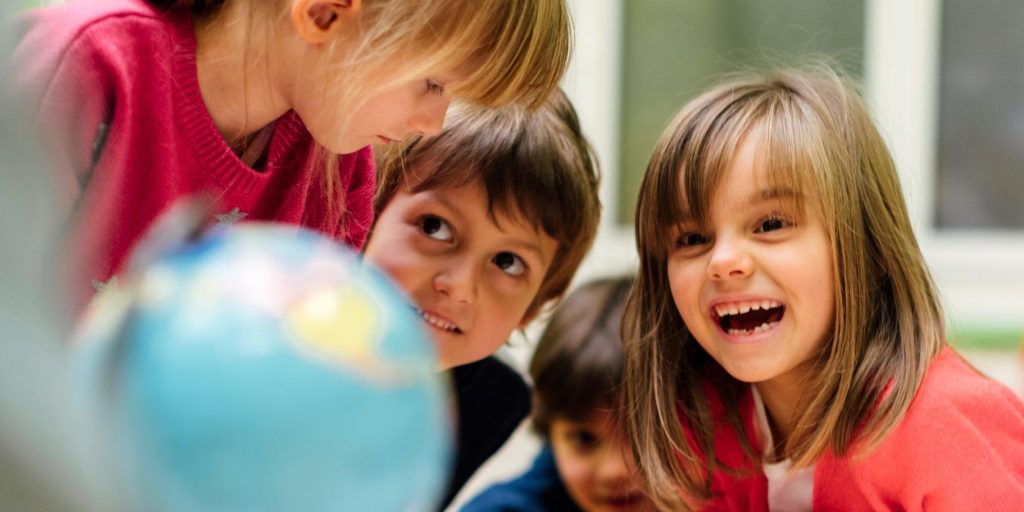07 Aug 2019 | Interviews
Between protection and ill-treatment
Teresa – What are the roots of violence?
João Roberto – Whentalking about the roots of violence, we should observe the complexity of the movements of our mind, which houses our thoughts and emotions. Our daily life is marked by emotional movements and we can easily distinguish two well-known feelings. The first is that of satisfaction, which happens when our aspirations and needs are met. We are thirsty and we drink water, we are hungry and we eat; we are needy and someone comes to talk to us and welcomes us. This is satisfaction, a feeling that promotes internal warmth, a positive accommodation that leaves us calm due to the fulfilling of our expectations. We know this emotion in our physiological, psychological, and philosophical dimensions and we understand its importance. However, we also experience, every day, an opposite feeling, that of frustration. I am thirsty, but there is no water; I am hungry, but there is no food; I am needy but nobody notices me; I phone somebody and send flowers, but I am ignored. This is frustration. We recognize this state of dissatisfaction and we know the ill feeling that it provokes. At the end of the day, the month, a period of life, or even an entire life, we could calculate whether we are more satisfied or more frustrated.
Frustration leads to aggressiveness. It is born of disappointment. It is natural that life offers us many nos. Similarly, frustration is natural and also aggressiveness, which etymologically signifies “to stand up and go in the direction of something.” Therefore, especially for educators, it is important to understand that aggressiveness is not necessarily a bad thing. It provides energy and strength that makes us stand up and go in the direction of solutions and alternatives, in order to break down obstacles and to carry out our needs and dreams. It takes us off the couch and encourages us to walk. The reality says no, I confront it and oppose it saying: yes, I want it! I stand up and go in the direction of what I seek. We do not want a child or an adult not to be aggressive. The aggressiveness is fundamental, because it promotes the continuity and the development of life.
For example, in the ninth month of pregnancy, the mother is uncomfortable and anxious, and therefore becomes frustrated. The child, also bothered by the lack of space, is also frustrated. From this situation of frustration for both, expressed in physiological and psychological responses, springs life. Therefore, our very existence is linked to the physical and mental fitness to express aggression constructively. There is, however, another way to express frustration that is destructive. It is called violence. It is an energy that perverts and deviates to different forms of destruction, including self-destruction. At birth, it is possible that the mother does not welcome her baby and does not offer it the required loving care. She does not comfort it, but rejects it. As adults, it is difficult to assess the deep pain of the physical and psychological rejection when the placenta breaks and the child breathes on its own. Birth is an enormous challenge. Confronting new and different stimuli such as the cold, the sounds, the colors, asking for help and welcome that are not offered, create a huge discomfort. This produces a negative emotional imprinting, the registration that the world is not good, pleasant and hospitable but a steep and harsh place.
On the other hand, the violence already existing in some parents, exacerbated by alcoholic drinks and other drugs, amplifies the impatience and intolerance and promotes, in relation to newborns, the painful phenomenon of the “shake-up,” which hurts the child physically and psychologically. The situation of the baby born in this environment is even more complicated. Imagine the psychological state of a fragile being clamoring for a warm bosom but, instead of a cuddle, is the victim of anger by brutal parents. Imagine the level of frustration that this signifies to a child, even with its neurocerebral system still in formation and its comprehension of the world still being structured. There are children, even at a tender age, and therefore in need of protection, who witness domestic violence, beatings, slaps, and shoves, internalizing fear, terror, insecurity and more frustrations. There are children who are beaten every day. There are children who have never been embraced by their own family or by anyone. There are children who have never received a parent’s praise. There are children who only know the negativity of criticism, and discrediting references from family and neighbors. Some of them hear their parents repeat the cruel assertion: “You are a burden in my life.” Later, at school, the child has the poorest of possibilities, is more rigid, less flexible, more needy, reduced and fragmented intellectually. This is different from the child who receives affection from his parents, and is encouraged and praised. This child understands the content easier because it has less internal noises. Conversely, those who live with violence have serious neurocerebral commitment and a consequent difficulty in learning. It makes it very important for us, as adults, to understand the consequences of these noises
In the life of a person, in particular when he is learning to read and write, at age six, he could be exposed, once again, to the possibility of one more serious frustration. With his emotional deficit, he does not keep up with the content that is normally achieved by other students, but is difficult for him. Therefore, he psychologically and physically escapes from the school environment, which cannot understand or help him. Accordingly, by applying frustration on top of frustration, we are building a perverse imbalance that promotes the birth of violence that injures and bothers all of us. Violence does not fall from the sky; nobody is born violent and nobody becomes violent from one moment to the next. It is a construction in the life of a person.
Violence is born from violence. A violent culture favors the development of brutal beings. Peace is born from peace. There is always a relationship of recursive causality. The individual makes society and this, in turn, retroacts constructing the individual. We are producing the brutality that will manifest itself in the near future. Today, we experience the violence that began to be constructed in the past. Today, we are called upon to prevent the savagery that may arise in the future.
João Roberto de Araújo is an author of social and emotional education books and founder of 50-50 SEL Solutions.







